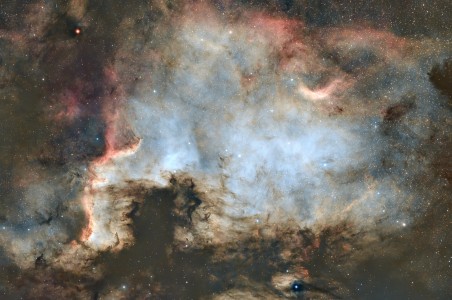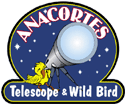Hi everyone my name is Darren.I just recently got into the hobby.Ive been looking on the net over various manufacturers telescopes as I am in the market for one.I already have binoculars and have been dabbling in this type of astronomy.I really apologize if this question is redundant and you hear it alot.I apologise.But I think I need some assistance in picking a scope.This is my guidlines.
I want a quality scope not one I get and have to be returned because something it out of whack before even using it.
I want a scope that will have some room to grow in it,I really dont want to get into say a 70mm refracter and be discusted with it and have to spend more later as I do have a budget.The scopes Im interesed in are the Newtonian reflectors,refracters and cassinigrans.The dobsons im staying away from because of their sheere size,to big for my apartment.On of the things i plan to do with my scope is take photographs,I own a DCP9 sony digital camera I just plan to piggy back on the scope.a plus is it has long exposer times,and alot of other features for taking night shots.Some things I have questions on are the F ratios.Why would someone go with a bigger F/ratio over say a smaller one on a refracter.All opinions appreciated.My budget is about $500.Im interested in overall astronomy,but want to be able to hit the craters on the moon too in detail.Thanks
I want a quality scope not one I get and have to be returned because something it out of whack before even using it.
I want a scope that will have some room to grow in it,I really dont want to get into say a 70mm refracter and be discusted with it and have to spend more later as I do have a budget.The scopes Im interesed in are the Newtonian reflectors,refracters and cassinigrans.The dobsons im staying away from because of their sheere size,to big for my apartment.On of the things i plan to do with my scope is take photographs,I own a DCP9 sony digital camera I just plan to piggy back on the scope.a plus is it has long exposer times,and alot of other features for taking night shots.Some things I have questions on are the F ratios.Why would someone go with a bigger F/ratio over say a smaller one on a refracter.All opinions appreciated.My budget is about $500.Im interested in overall astronomy,but want to be able to hit the craters on the moon too in detail.Thanks



